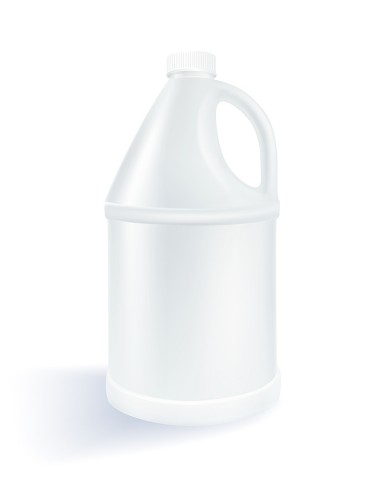Blog Categories
By Category
Enzymatic Cleaners?
Well, when you first come across the word "Enzymatic Cleaners" it comes across to most as a pretty fancy word that's not exactly easy to pronounce when first read. But enzymatic cleaners are mostly used in the medical realm to decontaminate medical devices, equipment and their accessories. They are used a great deal with equipment having to do with Endoscopy procedures as the surfactants used are designed to break down and remove organic proteins from these devices after use.
The enzymes in enzymatic cleaners or detergents are what actually break down the organic matter left on these medical devices after procedures. One of the advantages of using these enzymes is that very little manual or mechanical action is necessary to fully breakdown and disperse these soils at neutral pH. The reason this is important is because many of the instruments are difficult to clean manually and have areas that are not easily reached by manual or mechanical methods.
Additional benefits of using enzymes is that it takes very little of the cleaner to do its job. Add to that that they also operate at a lower temperatures than alkaline detergent alternatives and are compatible with many more materials that these delicate medical instruments are made from. So it's no wonder that enzymatic cleaners are the choice of most AER (Automated Endoscopic Reprocessor) manufacturers.
Enzymatic Detergents are also used in devices that require ultrasonic cleaning. This step is typically accomplished after the pre-wash step(s) that remove the bulk of organic proteins. Ultrasonic cleaning can be extremely effective as the cavitation of the fluids assists with cleaning areas of the instruments that are small and sometimes extremely difficult to reach.
There are many things that effect the efficacy of enzymatic detergents. Some of these include the type of proteins (be it blood, tissue or other), the temperature the cleaning apparatus operates at and the PH levels.
The pH level is an important factor and is directly affected by the water being used and the type of contaminants being focused on. Most cleaners (not all) work optimally with a pH range of 6-8 but check with the manufacturer of your specific AER to find out the exact Enzymatic Cleaner or detergent that works best with your specific unit.

